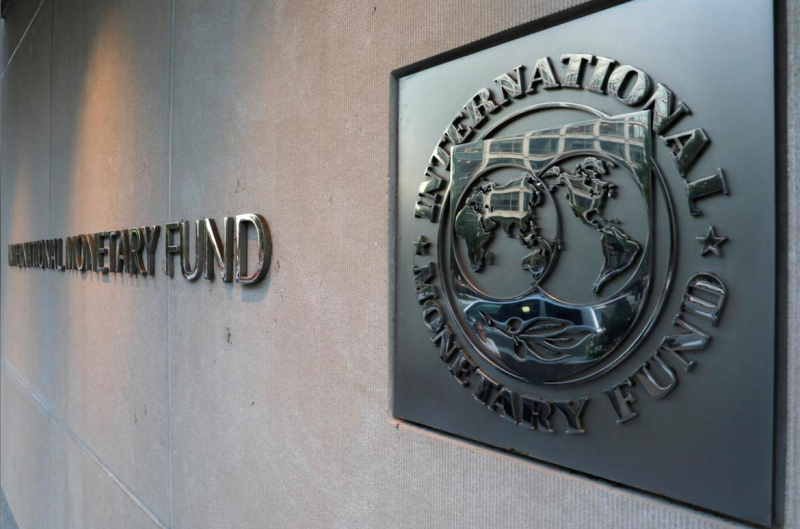Malaysia’s net international investment position (NIIP) is expected to increase over the medium term, supported by projected current account surpluses – July 23, 2025
Strong fundamentals, robust investment flows, and exchange rate flexibility position Malaysia well amid global headwinds, says IMF
MALAYSIA’S financial fundamentals, flexible markets, and strong external balance sheet have earned praise from the International Monetary Fund (IMF), which says the country is well-positioned to weather global financial volatility without significant disruption.
In its 2025 External Sector Report, released in Washington on Monday, the IMF stated that “Malaysia’s net international investment position (NIIP) is expected to increase over the medium term, supported by projected current account surpluses”.
“Malaysia’s NIIP has averaged about 2.6 per cent of gross domestic product (GDP) over the last decade, increasing to 5.4 per cent at the end of 2023, supported by strong current account surpluses during the pandemic that helped increase reserve assets,” the Fund noted.
The NIIP subsequently declined to -0.6 per cent of GDP by the end of 2024, largely due to an increase in direct and portfolio investment liabilities. At the same time, total external debt rose to 69.7 per cent of GDP from 68 per cent a year earlier — a level the IMF describes as “manageable”.
It observed that one-third of this external debt is denominated in ringgit, shielding it from valuation risks. In addition, short-term external debt, accounting for 42.8 per cent of the total, was deemed sustainable. According to the IMF, this is “primarily because most of it consists of intragroup borrowing among banks and corporations — an arrangement that tends to be stable — or trade credits that are backed by export earnings”.
The IMF assessed Malaysia’s external position in 2024 as “moderately stronger than the level implied by medium-term fundamentals and desirable policies”.
While the current account surplus declined slightly in 2024, it remained positive. The Fund attributed this to a rise in imports of intermediate and capital goods, which slightly outpaced export gains despite an upswing in the global semiconductor cycle.
“Over the medium term, the current account surplus is projected to increase slightly as the services balance benefits from a continuing recovery in tourism,” the report added.
Looking ahead, the IMF recommends that Malaysia “preserve exchange rate flexibility to facilitate external adjustments that are driven by fundamentals” in the near term.
Over the medium term, it suggests that “policies to strengthen social safety nets and public health care could be implemented, including through a reorientation of fiscal spending, to reduce precautionary household savings and shift toward private consumption”.
This year’s report offers external sector assessments of the world’s 30 largest economies, based on 2024 data. These evaluations form a core part of the IMF’s mandate to promote global monetary cooperation and balanced economic growth. – July 23, 2025
Malaysia, IMF, Economy, External Sector, Financial Stability, Exchange Rate, Current Account, Investment
